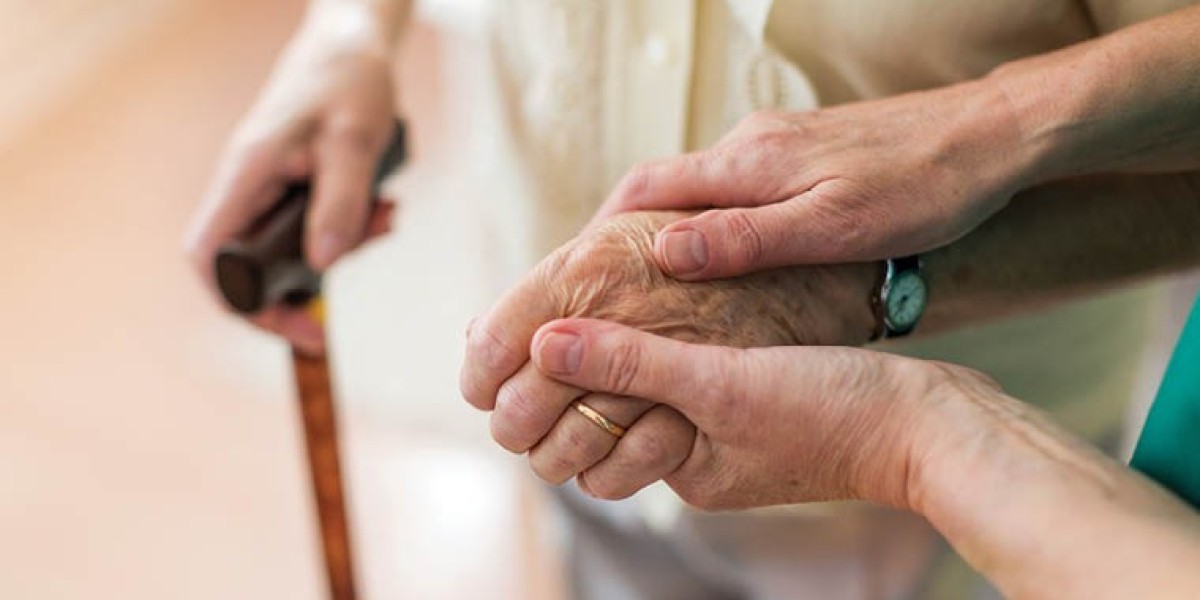Starting your journey with a Parkinson's specialist can feel overwhelming, especially if you've recently received a diagnosis or are navigating ongoing symptoms. Knowing what to expect during your first visit can ease anxiety and help you make the most of the appointment.
Why See a Parkinson's Specialist?
A Parkinson's specialist is typically a neurologist who focuses on movement disorders such as Parkinson’s disease. Their extensive training and experience allow them to provide more accurate diagnoses, design effective treatment plans, and monitor the progression of symptoms better than a general practitioner or general neurologist.
By seeking the expertise of a Parkinson's specialist, you're ensuring that your care is guided by the latest research, advanced treatment options, and a holistic understanding of the condition.
Preparing for Your First Appointment
To get the most value out of your visit, preparation is key. Here are some things to bring with you:
A complete list of symptoms (both motor and non-motor)
Any previous neurological or imaging test results
A detailed medication list, including dosages and timing
Notes on when symptoms occur and any patterns you’ve noticed
Family history of neurological or movement disorders
A list of questions or concerns
Consider bringing a friend or family member to help provide additional information and support. They can also help you remember what was discussed during the appointment.
Comprehensive Health History Review
Your Parkinson's specialist will begin by reviewing your complete medical history. This includes not only your current symptoms but also previous health issues, medications, family history, and lifestyle factors.
They may ask questions like:
When did your symptoms start?
Are your symptoms constant, or do they come and go?
Do you experience stiffness or slowness in one side more than the other?
Have you noticed changes in your handwriting, voice, or facial expressions?
Do you have trouble sleeping, swallowing, or remembering things?
These questions help build a full clinical picture and guide further testing or imaging.
Detailed Physical and Neurological Examination
A crucial part of the first appointment with a Parkinson's specialist is a hands-on neurological and physical evaluation. The goal is to assess your:
Reflexes
Muscle strength and tone
Balance and coordination
Gait and walking pattern
Hand and finger movements
Facial expression and eye movements
Speech and vocal clarity
These observations help identify classic Parkinson’s symptoms such as tremors, rigidity, bradykinesia (slowness of movement), and postural instability. The specialist may also ask you to perform tasks like writing, buttoning a shirt, or walking in a straight line.
Cognitive and Mood Screening
Because Parkinson’s can affect more than just movement, many Parkinson's specialists also conduct cognitive and psychological assessments. These might include simple memory tests, questions about mood and behavior, or screening for signs of depression and anxiety.
Recognizing cognitive changes early allows for timely intervention, whether through medications, therapy, or lifestyle modifications.
Imaging or Lab Tests (If Needed)
While Parkinson’s disease is typically diagnosed based on clinical symptoms, your Parkinson's specialist may order imaging tests to rule out other causes of your symptoms. These could include:
MRI: To rule out structural abnormalities in the brain
DaTscan: A specialized imaging test that can help confirm Parkinson’s diagnosis
Blood tests: To exclude other conditions like thyroid issues or vitamin deficiencies
These tests are not always necessary but may be recommended based on your symptom history and exam findings.
Discussion of Diagnosis or Diagnostic Plan
If your specialist has enough information during the first visit, they may provide a diagnosis of Parkinson’s disease or a related movement disorder such as multiple system atrophy (MSA) or progressive supranuclear palsy (PSP). In some cases, a definitive diagnosis may take a few visits to establish.
The Parkinson's specialist will explain the diagnosis clearly, discuss how it might progress, and answer any questions you have. If a diagnosis is not yet clear, they may propose a follow-up plan that includes trial medications or further observation.
Personalized Treatment Plan Development
Once a diagnosis is made or suspected, your Parkinson's specialist will work with you to create an individualized treatment plan. This often includes:
Medications: Such as carbidopa-levodopa or dopamine agonists
Lifestyle changes: Including exercise, nutrition, and stress management
Therapy referrals: Physical, occupational, and speech therapy to manage symptoms
Non-motor symptom management: Addressing sleep, mood, digestion, and more
You’ll also discuss how to monitor symptom progression and when to return for follow-up visits.
Education and Support Resources
A good Parkinson's specialist understands the emotional weight of a Parkinson’s diagnosis. They’ll provide resources for patient education, support groups, and Parkinson’s-specific organizations. These resources can empower you to take charge of your health and connect with others on a similar journey.
They may also provide educational materials about your medications, tips for caregivers, and guidance for planning ahead.
What Questions Should You Ask?
Your first appointment is a great time to ask questions, including:
What type of Parkinson’s do I have?
What can I expect in the next 1–5 years?
How do the medications work, and what are the side effects?
Are there activities or exercises that could help?
What symptoms should I report immediately?
Are there clinical trials I might be eligible for?
Asking questions allows you to understand your care plan and feel confident in your next steps.
Setting Follow-Up Appointments
Before you leave, your Parkinson's specialist will schedule your next appointment, often within 3–6 months depending on the severity of your condition. Ongoing visits are essential to monitor how well treatments are working, adjust medications, and respond to any new symptoms.
They may also recommend seeing allied healthcare providers like dietitians, neuropsychologists, or social workers for additional support.
Building a Long-Term Relationship
The relationship you build with your Parkinson's specialist is a long-term partnership. They are your ally in navigating the condition and will be a consistent source of guidance, compassion, and knowledge throughout your journey.
From adjusting medications to exploring advanced therapies, your specialist plays a pivotal role in improving your quality of life.
FAQs About Your First Visit to a Parkinson’s Specialist
Q: How long does the first appointment usually take?
The initial visit often lasts 60–90 minutes to allow time for a comprehensive evaluation and discussion.
Q: Will I receive a diagnosis on my first visit?
Possibly, but not always. Sometimes more observation, testing, or follow-up is needed.
Q: Should I bring someone with me?
Yes, bringing a loved one can be helpful for emotional support and to assist with communication or remembering details.
Q: What if I’ve already been diagnosed?
Your Parkinson's specialist will review your past care and possibly adjust or expand your treatment plan based on their findings.
Q: Is there a cure for Parkinson’s?
Currently, there is no cure, but many treatments can effectively manage symptoms and improve quality of life.









